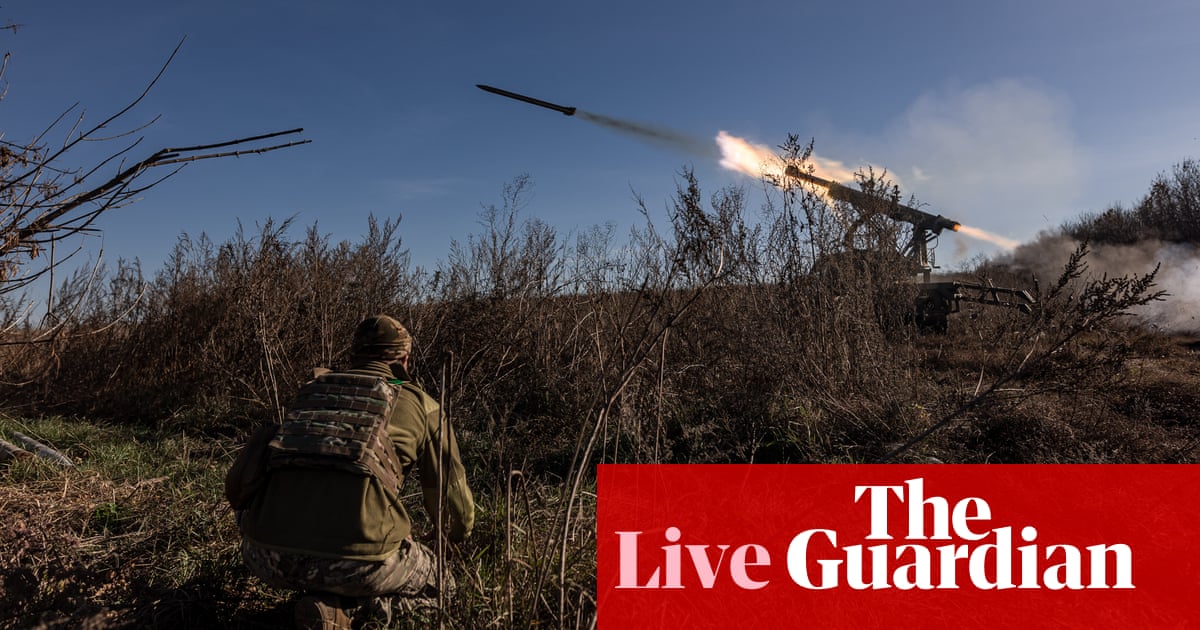
British Airways’ owner has said a return to profit was still on course this year despite war in Ukraine and rising oil prices, with its battered share price nosing upwards on Friday after a week of market turmoil.
International Airlines Group said it had more than halved its losses to €3.5bn (£2.9bn) in 2021, having slashed staff and costs during the pandemic, and could still return to the black this year should its operations avoid further fallout from Covid-19.
Despite industry optimism for recovery only a week ago, when the global airline body Iata spoke of growing momentum as restrictions eased, Russia’s invasion of Ukraine had sent IAG stocks tumbling on Thursday. Aero engine maker Rolls-Royce’s share price dropped even faster this week, down 15% with market sentiment worsened by the resignation of its chief executive, Warren East.
BA said, however, that the Russian overflight ban on UK carriers announced on Friday would have only a “minimal” impact on its operations, with growth plans targeted firmly westwards across the Atlantic rather than back towards east Asia, where Covid restrictions have curtailed passenger traffic.
The airline is hoping to restore much of its route network that was shredded by coronavirus, including getting flights to North America back to 100% of pre-pandemic capacity.
The company, which made a record €7.4bn loss in 2020, said passenger numbers were still only 36% of pre-Covid levels last year. Flights and bookings were still impacted by Omicron in the first months of 2022, and IAG said it would make a “significant” loss in the first quarter, when capacity will be about 65% of pre-pandemic levels.
Nevertheless, it expects to return to profit in the second quarter, driven by an increase in bookings for Easter and summer that will underpin “significantly positive” operating profit and cashflows for 2022.
“This assumes no further setbacks related to Covid-19 and government-imposed travel restrictions or material impact from recent geopolitical developments,” the company said.
Luis Gallego, IAG’s chief executive, said the company was “monitoring events closely to manage any potential impact”.
He said: “We are confident that a strong recovery is under way. We expect a robust summer with IAG returning to around 85% of its 2019 capacity for the full year. Our model enables us to capture revenue and cost synergies while maximising efficiencies, which means we are set up to return to profitability in 2022.”
BA’s chief executive, Sean Doyle, played down the impact of Russia’s retaliatory ban on British airlines in its airspace, after the UK ban on the Russian flag carrier Aeroflot.
BA flew to the Russian capital, Moscow, three times a week but did not fly to any other destinations in Russia or Ukraine – nor did it use Ukrainian airspace.
Doyle said the closure of Russian airspace to BA would have less of an impact than before Covid-19. He said: “All of our services are carrying on with minor routing changes. We’re not flying to Japan and China today, but we would have had at least a daily service to China that would typically fly over Russian airspace.”
Routes to Pakistan and India could require as much as 60-90 minutes’ extra flying time, he said, while taking a southerly route to Singapore and Australia would mean only a small additional time in the air.
He said the affected regions had already been “on hold” and not part of BA’s plans for 2022.
Shares in IAG that fell 6% on Thursday after Russia’s invasion of Ukraine, amid fears that the conflict could impact the travel and aviation sector, rose by 3.5% on Friday. Rolls-Royce also recovered to the tune of 4%. But IAG’s shares still remain down a fifth over the past year.
IAG also said it could ride out the rising oil prices, traditionally a millstone for airlines, after the price of a barrel rose to more than $100 (£75). Steve Gunning, the chief financial officer, said the airline’s fuel price was 60% hedged for the full year and noted: “The last time the oil price touched $100 a barrel the group achieved an operating margin of 14.4%.”
Richard Hunter, the head of markets at Interactive Investor, said: “There is little question that IAG has taken some formidable steps to ensure survival, but from the company’s own outlook it appears unlikely that a full return to normality will land until 2023, and even then the company will be markedly different from the one which entered the crisis.”












